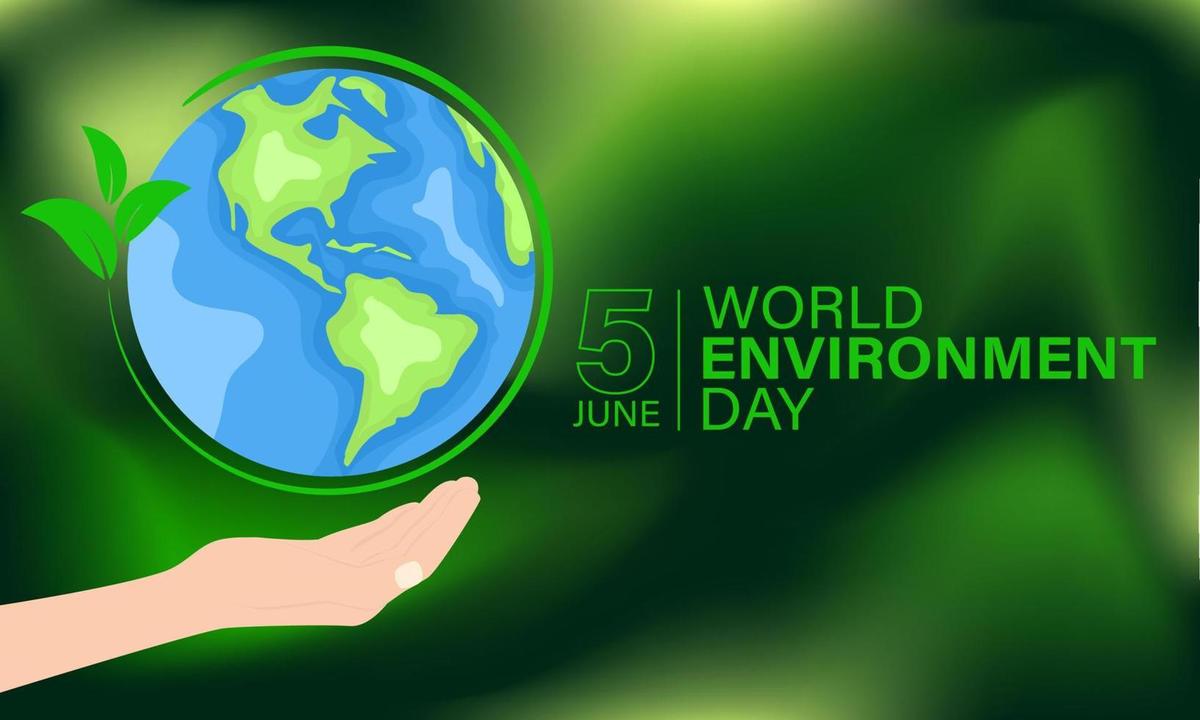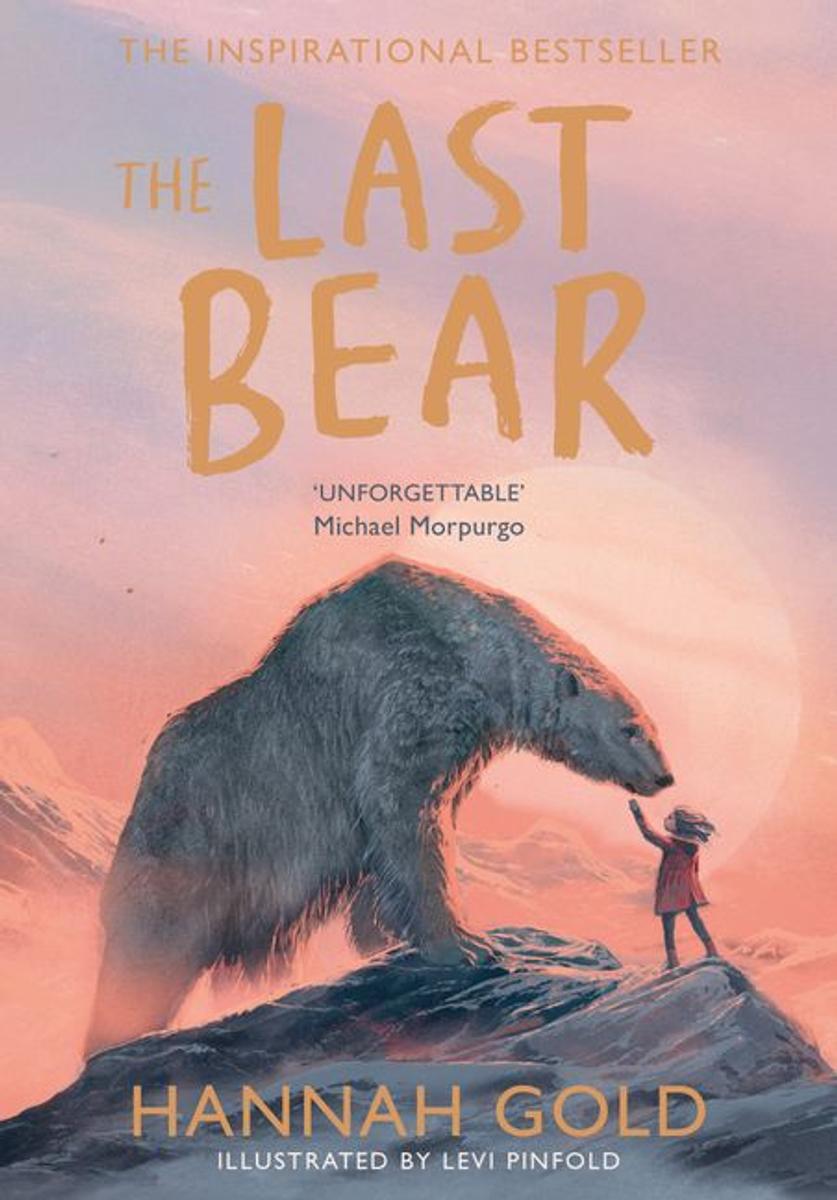Learning and Teaching

World Environment Day
Thursday June the 5th is World Environment Day. The World Environment Day theme for 2025 is: Ending Plastic Pollution. The aim of this theme is to highlight the growing issue of plastic pollution, which extends beyond things like the discarded drink bottles we see cluttering streets. Microplastics are a new kind of pollution, and they have already spread to our food, our drinking water, and even into our own bodies.
The main purpose of World Environment Day 2025 is to highlight the importance of protecting the health of the environment, and to raise awareness of the impact that environmental issues have on economic development and peoples across the world.
Some of the important aspects of learning about our Environment include:
- Environmental education: helps students understand the importance of protecting the environment and preserving natural resources for future generations.
- Climate change: Understanding the impacts of climate change and how to reduce carbon footprint can be started in elementary school and have a real impact as kids grow up
- Active citizenship: Children learn about how they can make a difference in their own community, such as recycling, conserving energy, and protecting endangered species.
- Interdependence: helps children understand that everything in the world is interconnected, and how our actions can have a direct impact on the planet.
- Encouraging curiosity and creativity: promotes curiosity and creativity in children, leading them to want to explore and learn more about the world around them.
Across this term, all of the learning communities have been learning about some aspect of Our World and the Environment. The Year Preps, 3/4s, and 5/6s have all learnt about living things. The Year 5 and 6 community have been reading the novel 'The Last Bear' and are currently writing persuasive texts about why we should protect Polar Bears.
Our Year 3 and 4 community are preparing work for the expo about the life cycles of animals and will include information about how humans impact these life cycles.
Deborah Courtney
(Director of Learning and Teaching)


